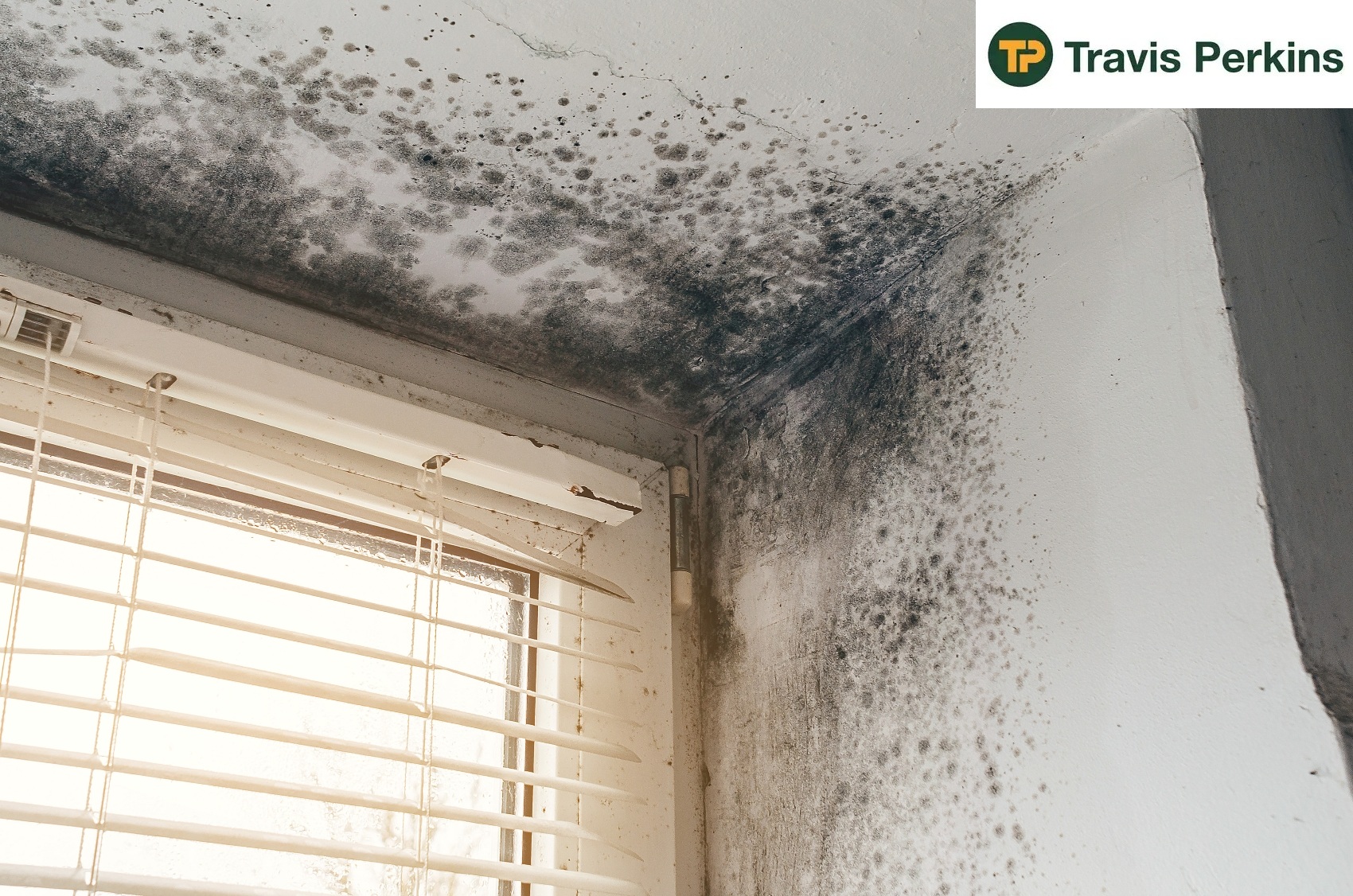
With Awaab’s Law having come into effect, Travis Perkins is urging landlords to take every possible step to prevent mould and damp in social housing.
Awaab’s Law took effect on October 27, requiring social housing providers to address all hazards within specified timeframes. The new regulations have been introduced after the tragic passing of two-year-old Awaab Ishak in 2020 from prolonged exposure to mould in his home, which caused a severe respiratory condition.
Awaab’s parents had complained about the conditions in their social housing three years before he died, but nothing was done to fix the problem. And now, the new legislation is a regulatory safety net for tenants if social landlords are not carrying out repairs fast enough, putting people’s health and safety at risk.
Ian Sharman-Jones, Managing Director of Travis Perkins Hire, said: “I would urge any social landlord to take any report of a hazard in their accommodation with the utmost seriousness. What happened to Awaab Ishak in 2020 was absolutely tragic, and we must ensure this is never repeated.
“This legislation is going to force landlords to be more proactive when it comes to investigating damp and mould complaints – that can only be a positive. I would encourage landlords to be more forward-thinking in the first instance to ensure the mould and damp in social housing is less of an issue from the beginning.”
Ian added: “The ultimate goal is to make social housing a safer place to live and Awaab’s Law, despite the devastating circumstances around its introduction, should do this.”
Travis Perkins and its hire service have a variety of products to help deal with damp and mould. For example, heaters and dehumidifiers are available, as are air movers and extractor fans.
The leading builders’ merchant group has also partnered with TIC Mould Control with its solutions set to become part of the company’s damp and mould offerings. Its self-delivery system is said to eliminate mould and spores, making rooms safe in one hour.
Under the new law, the landlord must investigate an emergency hazard within a 24-hour period, and if they discover the relevant steps are needed to make the property safe, they must do so within 24 hours from the initial investigation.
For any standard hazard, investigations must be completed within a 10-day period. If a hazard is identified, they will then have five working days to make the property safe and to start any further works.
The penalty for any landlord failing to abide by Awaab’s Law, if the case goes to court, would be to complete the repairs and pay damages to the tenant. They may also be asked to cover some or all of their legal costs.
There are plans to bring Awaab’s Law into the private sector with the government’s Renters’ Rights Bill currently making its way through parliament.










